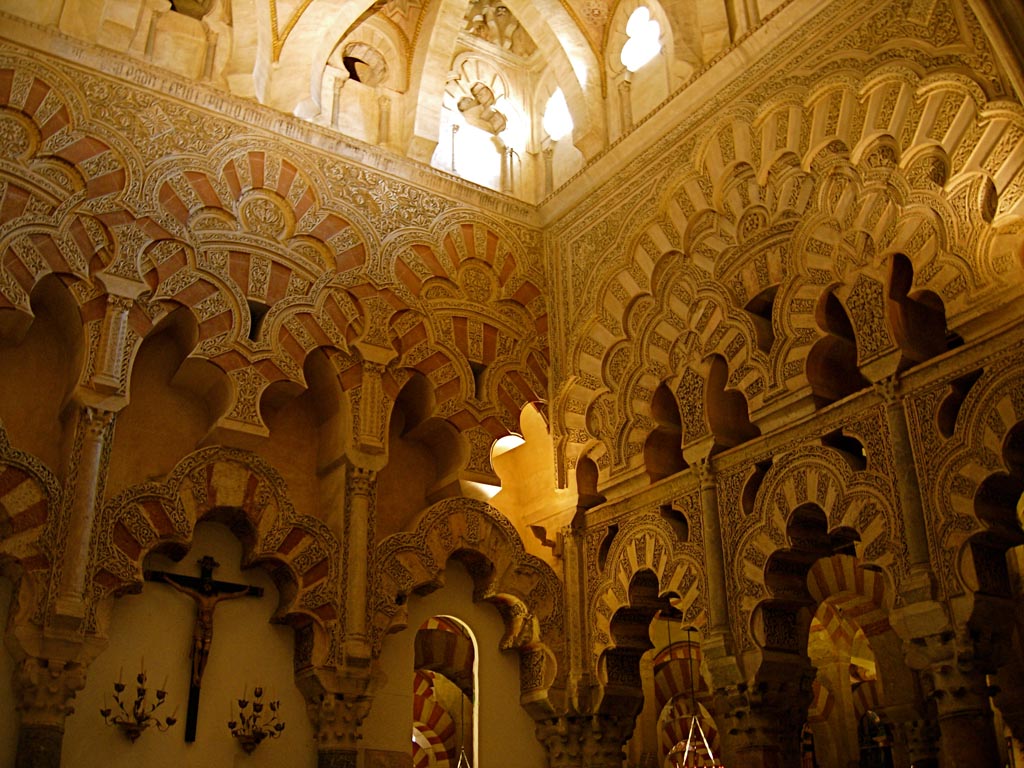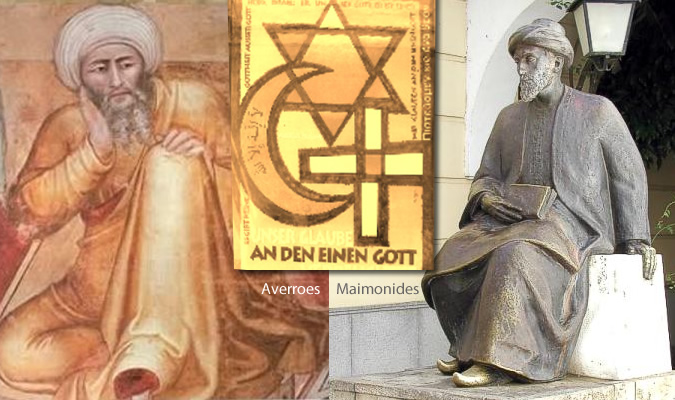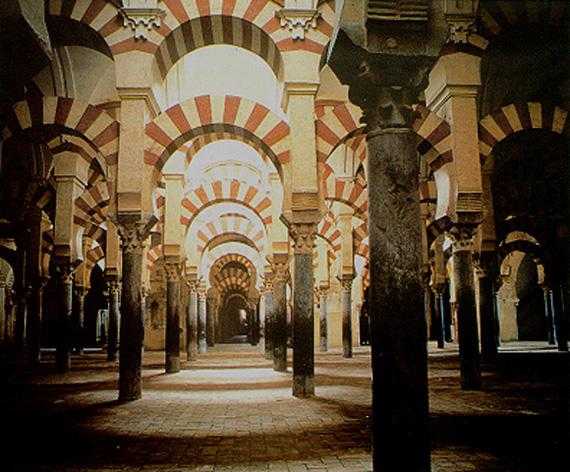Cordoba Islamic History Details
The word “Crusades” immediately conjures
up among Muslims visions of Jerusalem and Salahuddin. While Jerusalem
was indeed the focus of the First Crusade, a broader view of this
civilizational confrontation between medieval Christianity and Islam
must include the events in Spain and North Africa. While the Muslims did
hold their own in West Asia and recovered Jerusalem, Medieval Europe
gained a decisive advantage in Spain and Portugal. This loss had a
profound impact on the subsequent unfolding of global history.
Under the Umayyad Caliphate of Cordoba
(929-1032), Spain had become a cultured, urbanized society and was a
world leader in the development of art, science and culture.
Urbanization led to the loss of the very qualities-courage, virility,
energy, spirituality, leadership and solidarity that had helped it
survive and prosper against the Christian threats from the north. Decay
set in and the Umayyad Caliphate of Cordoba disintegrated in 1032. Spain
split into several principalities-Saragossa, Toledo, Seville, Malaga,
Granada, Almeria, Denia and Valencia, each ruled by a petty emir, the
disintegration of the Umayyad Caliphate was a signal to the Christian
Crusaders to expand their operations to the south. A free-for-all
followed and in the medley, Toledo the ancient Visigoth capital of
Spain, fell to Alfonso VI of Castile in 1085.
Cordoba Islamic History
Cordoba Islamic History
Cordoba Islamic History
Cordoba Islamic History
Cordoba Islamic History
Cordoba Islamic History
Cordoba Islamic History
Cordoba Islamic History
Cordoba Islamic History
Cordoba Islamic History
Cordoba Islamic History
Cordoba Islamic History
Cordoba Islamic History
Cordoba Islamic History
Cordoba Islamic History
Cordoba Islamic History
Cordoba Islamic History
Cordoba Islamic History
Cordoba Islamic History


















No comments:
Post a Comment